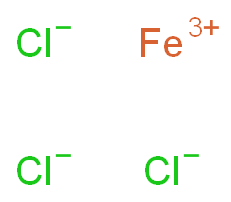Water treatment chemicals are substances used to improve the quality of water by addressing various issues such as impurities, contaminants, and undesirable characteristics.
These chemicals are used in water treatment processes to ensure that water is safe for consumption, industrial processes, and environmental purposes. The goal of using water treatment chemicals is to remove or mitigate pollutants, improve clarity, and prevent the growth of harmful microorganisms.
Water Treatment Chemicals Categories
Water treatment chemicals encompass a wide array of categories designed to address diverse industrial water treatment needs. These categories span applications ranging from cooling water, boiler water, sewage, and oil field water treatment.
They encompass a spectrum of vital functions, including scale inhibitors, corrosion inhibitors, dispersants, bactericides, algaecides, and defoamers. The ambit of their utility extends to encompass raw water and sewage treatment through the implementation of coagulants and flocculants. Beyond these, pivotal water treatment chemicals comprise activated carbon and ion exchange resins, pivotal in their impact.
Stratified into general chemicals, special chemicals, and formula chemicals, the classification of water treatment chemicals is comprehensive. General chemicals encompass indispensable inorganic products like sulfuric acid and sodium hydroxide, pivotal in water treatment processes. Special chemicals constitute a distinguished cohort, including ion exchange resins, activated carbon, lime, and alum, which play pivotal roles in enhancing water quality. Formula chemicals carve out another crucial niche, encapsulating corrosion inhibitors, scale inhibitors, fungicides, and combustion aids.
The delineation of water treatment chemicals is further contextualized by their distinct application paradigms. Purification of water stands as a primary objective, encompassing redox agents, adsorbents, activated carbon, and retarders. Complementing this, the specialized industrial realm is replete with corrosion inhibitors, scale inhibitors, dispersants, bactericides, algaecides, and more. This dualistic categorization reflects the multifaceted nature of water treatment chemicals, meeting the gamut of purification needs and specific industrial requisites alike.
Usage of Water Treatment Chemicals Products
Water treatment is of great significance to improve water quality, prevent scaling, corrosion, bacteria and algae breeding and environmental pollution, ensure the high efficiency, safety and long-term operation of industrial production, and is of great significance to water saving, energy saving, material saving and environmental protection.
.more+





















